Bloating
Struggling with bloating? Here’s what you need to know to find relief.
ALL TEST ARE ACCREDITED & REGULATED BY



What is bloating?
When you’re bloated, your stomach or abdomen can feel full and uncomfortable, or even painful.
This bloating happens when your gastrointestinal tract contains too much gas or air. Bloating can be mild, or more severe, and may present as:
– A visibly distended or swollen abdomen
– Feeling very full and uncomfortable
– Feeling of tightness in the abdomen
– Excess gas – belching and/or flatulence
– Rumbling or gurgling
There are several causes of bloating, so it’s important to diagnose the cause of your bloating and find out why it’s happening to you.

Why does bloating happen?
Prolonged periods of bloating could indicate an underlying health problem, if so you should see your GP.
Possible causes can include:
Irritable bowel syndrome (IBS diagnosis)
Ulcerative colitis, a form of inflammatory bowel disease (IBD), where the inner lining of the large bowel is inflamed and develops ulcers
Crohn’s disease, the other form of IBD, where some parts of your colon are inflamed
Too much bacteria in your small intestine (called small intestinal bacterial overgrowth, or SIBO)
Gastroesophageal reflux disease
Food intolerances, especially lactose or fructose intolerance
Producing too much gas (dysbiosis and fermentation)
Weight gain
Stress or anxiety
Delays in your food and drink moving on from your stomach (called gastroparesis)
Eating too quickly, so that you swallow too much air (called aerophagia)

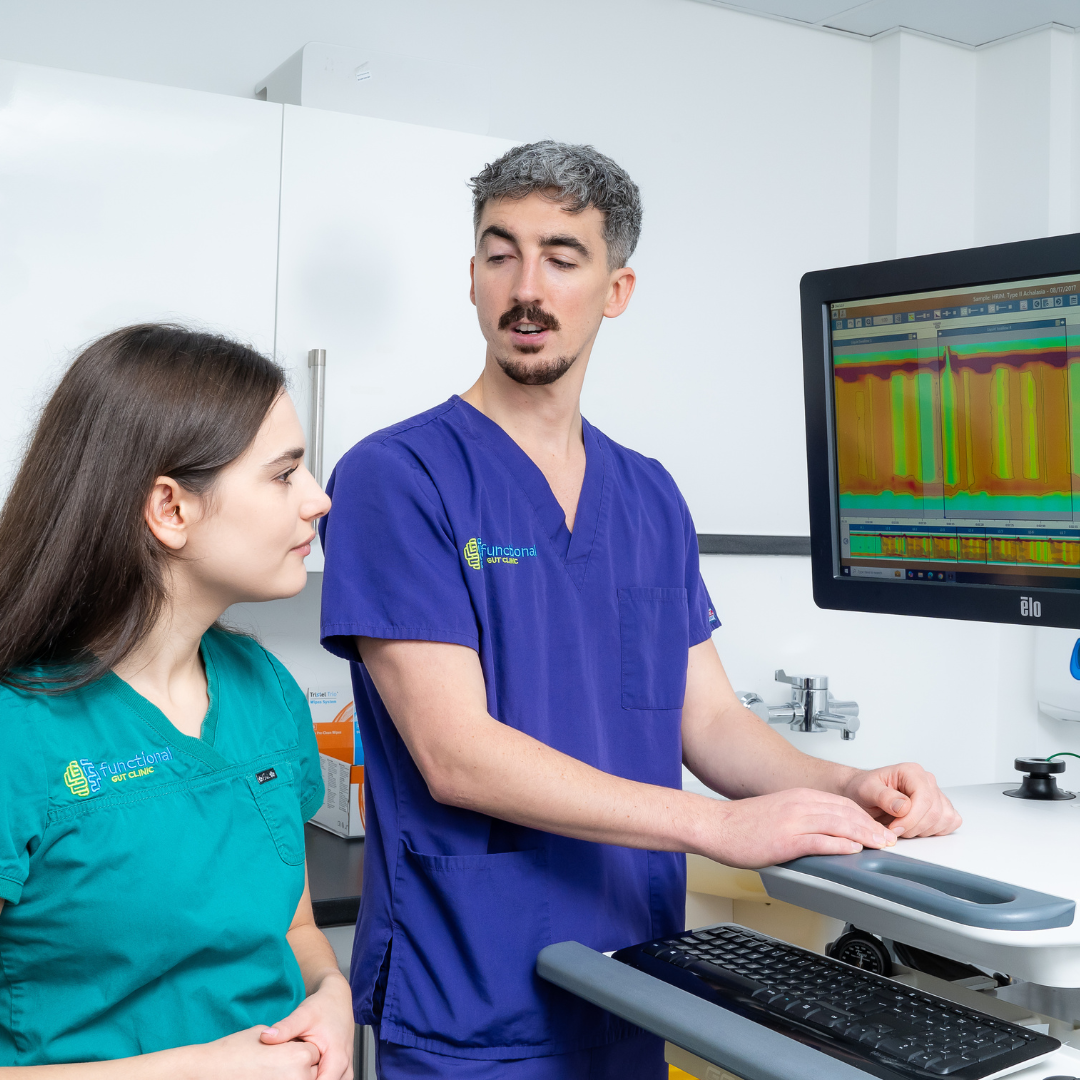
Diagnosing bloating
Feeling bloated is no fun, but once you know what’s going on you can start to manage your symptoms and the underlying causes.
Testing options:
At the Functional Gut Clinic, we can run the following tests to diagnose the causes of bloating:
Gastric emptying test– which measures how quickly food leaves your stomach
Carbohydrate malabsorption breath test– which finds out if you have certain food intolerances (lactose or fructose)
Small intestinal bacterial overgrowth (SIBO) breath test– which finds out if you have an overgrowth of bacteria in your small intestine (called SIBO)
Oesophageal manometry– which measures the function of your oesophagus (food pipe)
24-hour pH impedance monitoring– which looks at whether you have any reflux
Colonic transit study-a non-invasive test which looks at how long it takes for faeces to pass through your bowl
Learn more about bloating

Signs You Have Acid Reflux
Signs You Have Acid Reflux
Acid reflux occurs when the stomach contents move up into the oesophagus and throat. If the acid reflux happens two or more times a week for several weeks, it is diagnosed as gastro-oesophageal reflux disease (GORD).
Usually, the underlying cause of GORD is a weakened muscle between the stomach and oesophagus, which allows for the backflow of acid. This might be exacerbated by certain foods (spicy or fatty), smoking and alcohol, pregnancy, and other medical conditions leading to repeated acid attacks.
If left untreated, GORD can permanently damage the oesophagus, throat, and even your teeth. Understanding the symptoms of GORD is, therefore, crucial to diagnosing and treating the condition early.
Acid Reflux Symptoms and Signs
We often think of acid reflux as a symptom. It’s not. It simply refers to any movement of acid above the stomach. The symptoms occur as a result of the damage to these upper chest and throat structures. Some people with “silent acid reflux” may not experience any symptoms; however, most people experience at least 1 or 2 mild to moderate symptoms.
Common GORD symptoms include:
Hoarseness
Coughing
Sore Throat
Other GORD Symptoms
Heartburn
Heartburn is the most common acid reflux symptom. It is described as a burning feeling either in the middle of the chest, behind the breastbone, or in the lower part of the chest. The sensation might start lower down and rise up towards the breastbone and throat.
The symptom is caused by acid irritating and inflaming the oesophageal lining. It’s often confused with a heart attack due to the similar location. However, heartburn usually occurs following a large meal (especially if it contains trigger foods) or lying down.
An episode of heartburn can last anywhere from a few minutes to a few hours. The severity of heartburn ranges from mild to severe, depending on the nature of the acid attack.
Regurgitation
Regurgitation specifically refers to the presence of stomach contents in the mouth. It commonly occurs during acid attacks. While people may notice food in their mouth, there’s often a sour or bitter taste from the acid.
The acid can damage the tooth enamel and gums, increasing sensitivity to hot, cold, and sweet foods. If left untreated, it can even cause gum recession and cavities.
People describe regurgitation as “spitting it up.” The symptom is more common in infants due to their smaller oesophagus but it can still occur in adults.
Difficulty Swallowing
Difficulty swallowing, or dysphagia, is the feeling of food being stuck in your throat. It occurs because the acid has irritated the lining of the throat. However, it can indicate complications of acid reflux if the condition has been present for a long time.
Oesophageal strictures involve a narrowing of the oesophagus due to repeated inflammation, causing scarring of the internal lining. This narrowing prevents the normal swallowing mechanism, giving the sensation of dysphagia. Often, people with the condition regurgitate their food.
Hoarseness
Hoarseness often arises as a symptom of GORD due to acid reflux reaching the throat, which irritates the vocal cords. Frequent exposure to stomach acid can lead to chronic laryngitis, altering voice quality and causing discomfort.
This symptom is particularly noticeable in the morning or after a meal. Identifying and managing hoarseness early can prevent more severe damage to the voice box and throat tissues, highlighting the importance of recognizing and treating GORD symptoms promptly.
Coughing
Similar to hoarseness, coughing is caused by acid irritating the throat. Just as people cough repeatedly with a sore throat, an irritated larynx can cause coughing too. It’s often one of the symptoms people notice after heartburn.
Sore Throat
Stomach acid can enter the throat and irritate the lining. Like a viral infection, this inflammation leads to pain and discomfort in the throat, especially when swallowing. The sore throat will not resolve within a few days if the acid attacks continue, differentiating it from infectious causes.
Other GORD Symptoms
Not everyone with GORD experiences heartburn or regurgitation. As mentioned, some people have silent reflux and notice no symptoms until repeated acid attacks permanently damage the oesophagus and throat.
Nausea: Feeling queasy, especially after eating.
Dental Erosion and Cavities: Acid contact causes tooth decay and enamel damage.
Bad Breath: Persistent foul odor due to regurgitated stomach contents.
Gum Inflammation and Recession: Acid irritation leading to gum problems.
Excessive Salivation: Increased saliva production in response to acid.
Eventually, if the acid attacks continue, the lining of the oesophagus begins to change, appearing more like the intestines. This is known as Barrett’s oesophagus – a precancerous condition. Oesophageal cancer can follow and is a serious cause for concern. Lookout for these symptoms:
Unexplained weight loss
Vomit with blood or the appearance of coffee grounds
Black, tarry stools
Persistent vomiting
Chest pain
Reduced appetite
Painful swallowing
If you notice any of these symptoms, speak to your doctor urgently. The earlier the cancer is diagnosed, the better your prognosis and outcome.
Testing for Acid Reflux
Suspect you’ve got acid reflux? If any of the acid reflux symptoms and signs look familiar, it’s sensible to get tested to confirm the diagnosis. The Functional Gut Clinic provides high-quality acid reflux testing and guidance on interpreting the results. We recommend a 24-hour reflux test to detect the presence of acid in the oesophagus – this is diagnostic.
Based on the results, we’ll advise you on the next step in your treatment. You can also take your results to your GP, who can prescribe the necessary medication. Remember, an early diagnosis of acid reflux is crucial to help prevent the risk of complications.
Take care of your health. Contact us today to learn more about our testing options.
Hear from people we’ve helped, just like you.
"Very professional while welcoming and friendly"
"The manner and demeanour of all staff from reception to people carrying out the test was very professional but welcoming and friendly. Atmosphere is very relaxed and all instructions clear and concise."
London Patient

"Highly recommend this"
"Thanks to Dr Hobson and everyone at the Functional Gut Clinic. The whole team is very kind and generous and they are doing things that are cutting edge and they actually get results."
Manchester Patient

"Highly recommend this"
"After stopping my lansoprazole, every time I had a warm drink, I could feel it burn all the way down to my stomach. Thank you to Sam for making me feel at ease." - Manchester Patient

"My experience could not be better"
"Pleasant and knowledgeable staff that made the experience more enjoyable than it should be!" - London Patient

"Very friendly and knowledgeable"
"An excellent service from beginning to end. I would recommend to anyone who was considering having testing done. Very friendly and knowledgeable!" - Manchester Patient

"Very kind and helpful"
"It was also great to have time to talk to the clinicians – very important when you have problems. Reception staff also very kind and helpful." - Manchester Patient

Are you experiencing any other symptoms
Symptoms are often closely connected. Find out more below.
Reflux
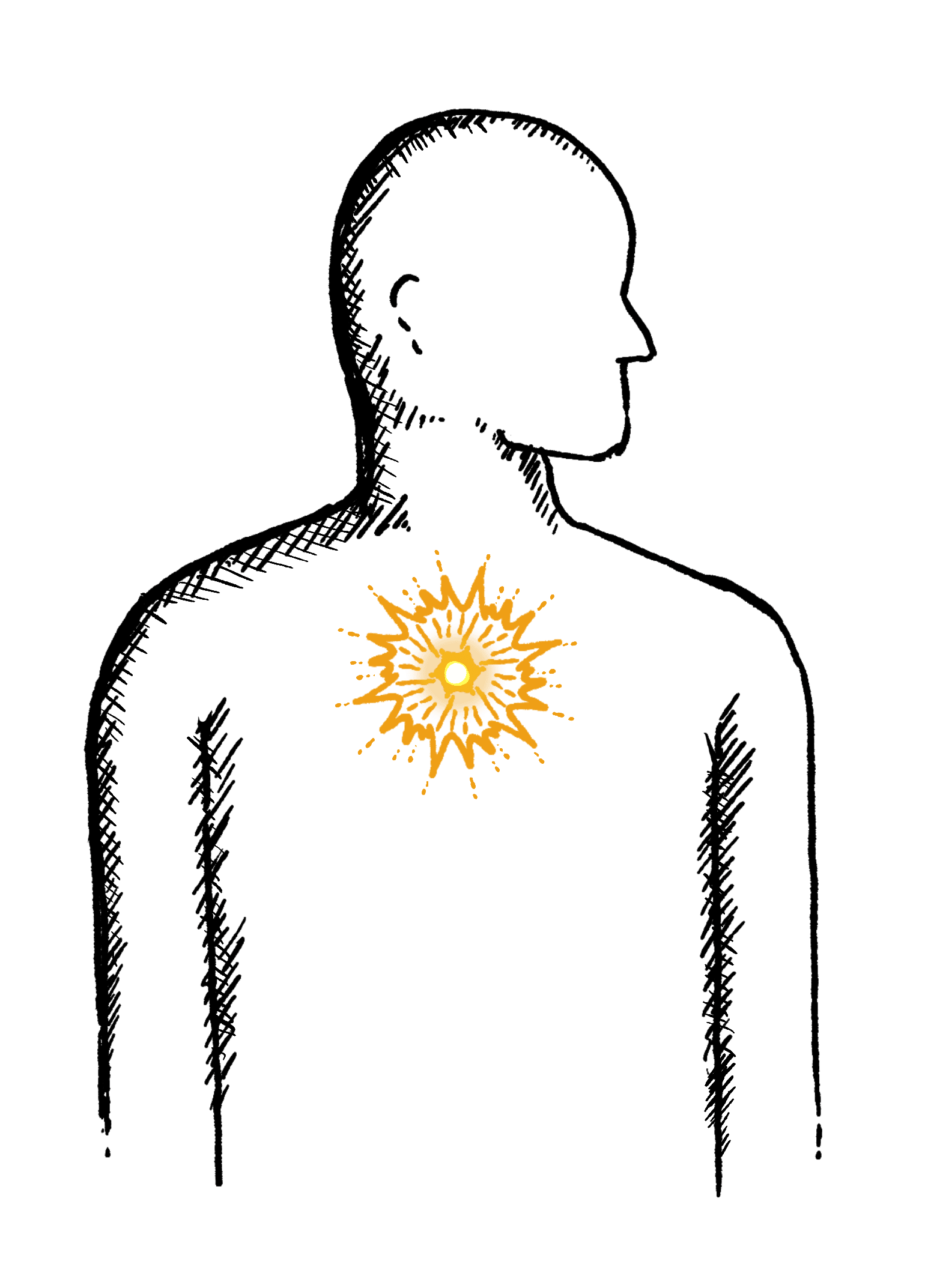
Burning mid-chest, worse when bending or lying down
Constipation
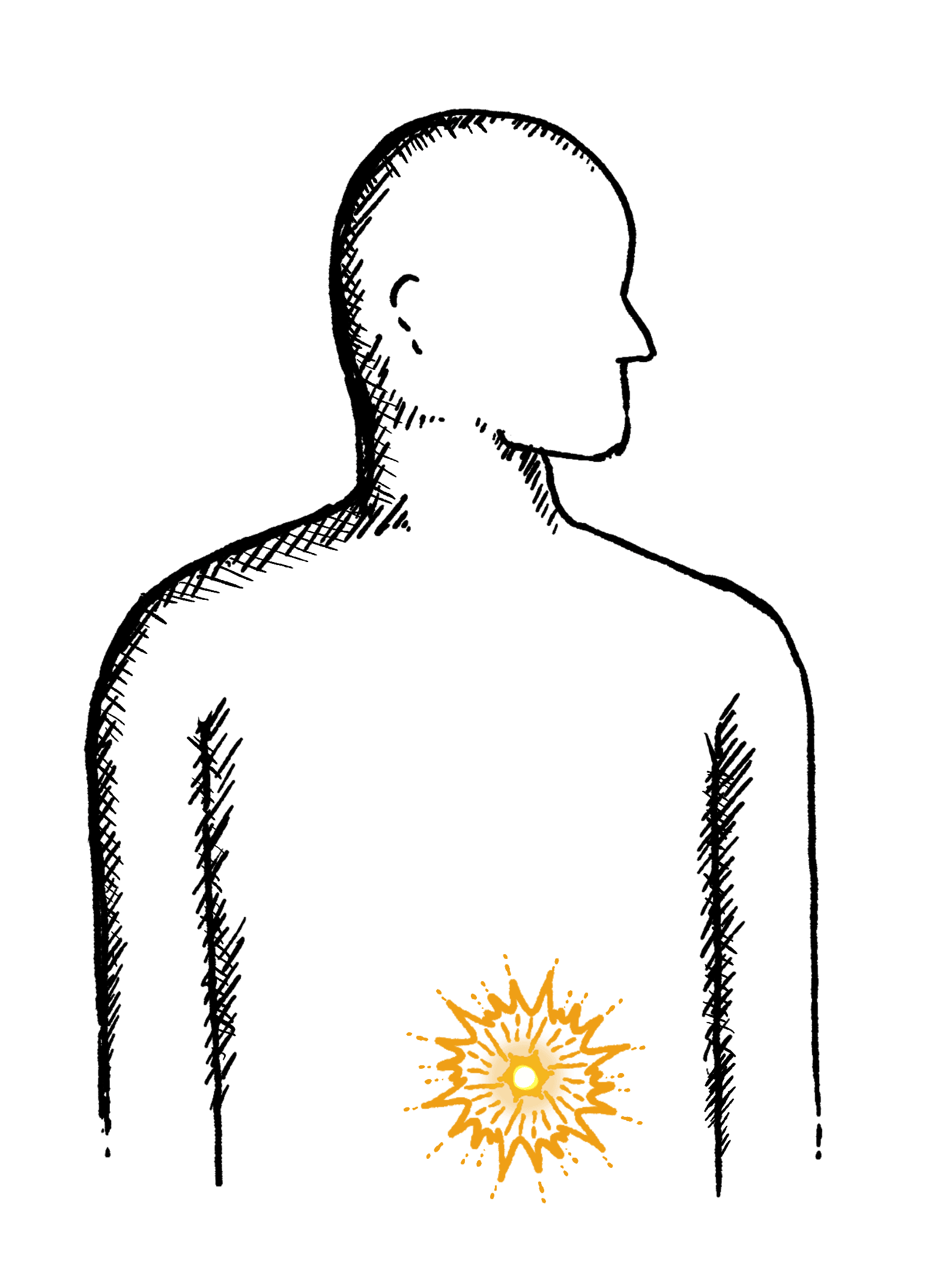
Difficulty going to the toilet, unusual stools, often with stomach ache or intestinal cramps, bloating, nausea or appetite loss
Heartburn

A burning pain in your chest, just behind your breastbone.
The pain is often worse after eating...
Regurgitation
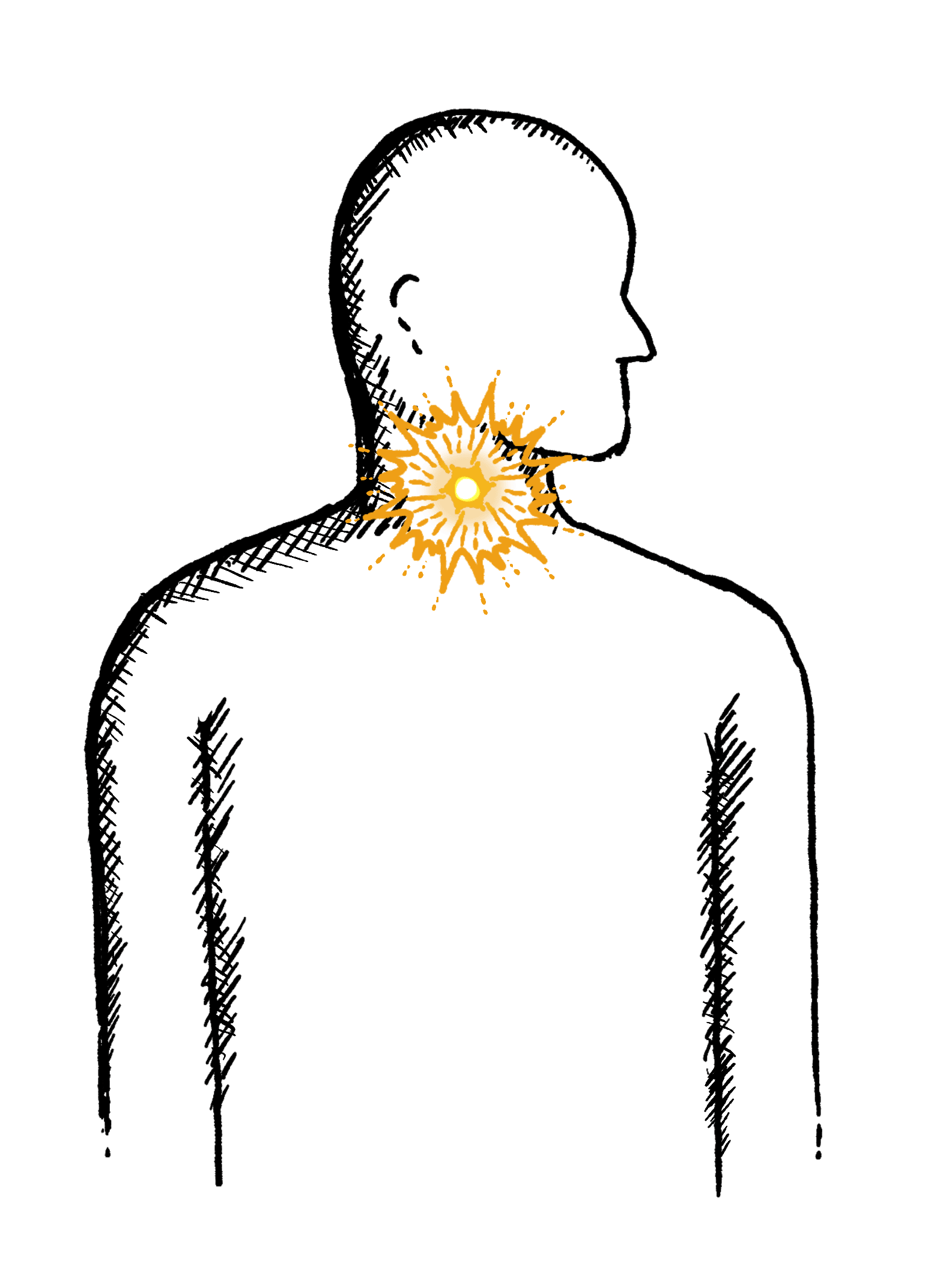
Bringing food or drink back up, difficulty swallowing, feeling that food or drink is stuck in your throat, horrible taste in your mouth
Swallowing Issues

Dysphagia - difficulty swallowing, feeling that food or drink is stuck in your throat, horrible taste in your mouth
Diarrhoea
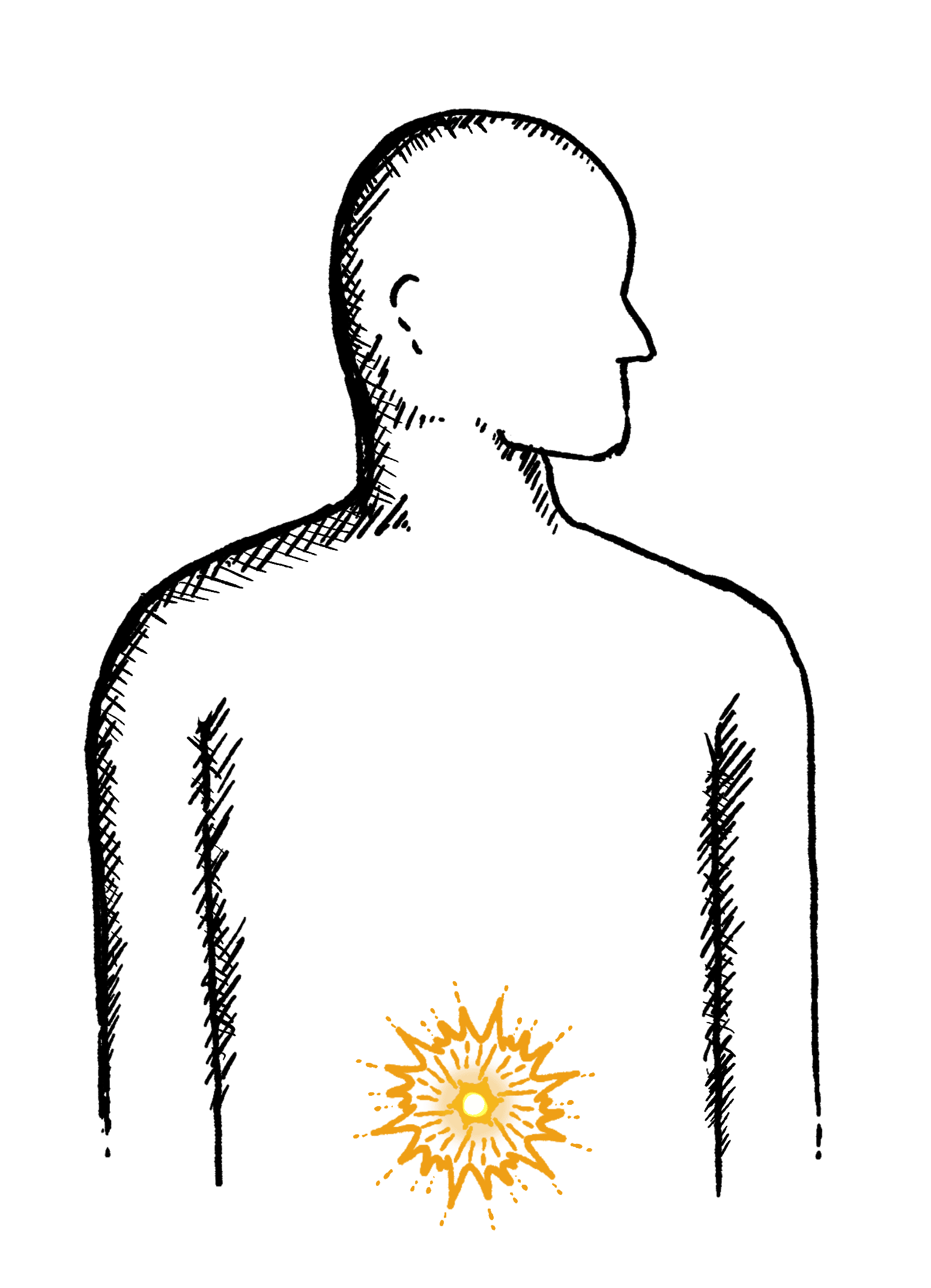
Loose or explosive stools, can’t get to a toilet in time
Abdominal Pain
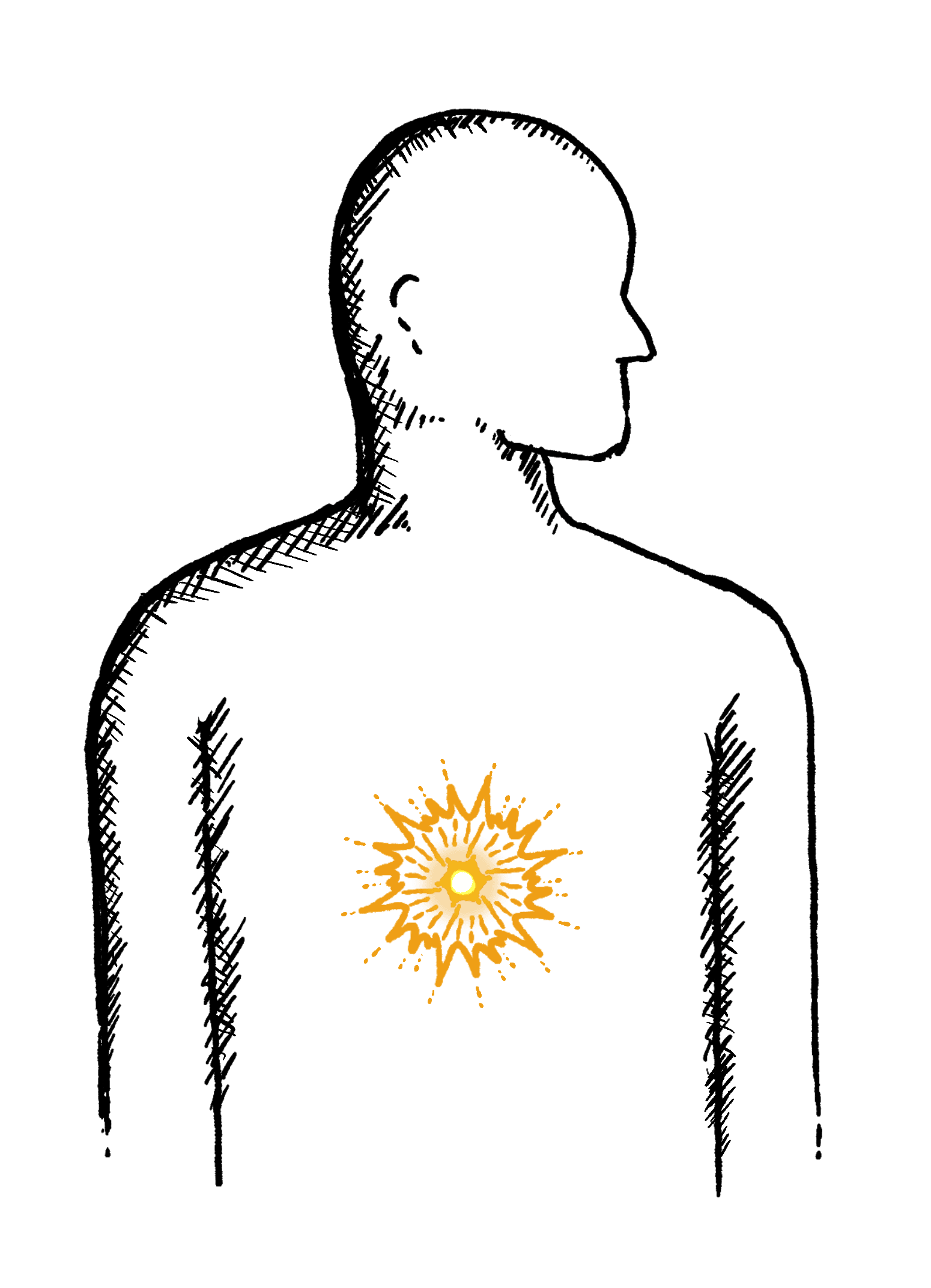
Cramps; sharp or dull pain, Bloating, Excessive belching, Nausea or vomiting
Faecal Incontinence

Stools leak unexpectedly, Can’t get to a toilet in time
IBS

Abdominal pain or cramping, bloating, changes in bowel habits and urgency, gas

